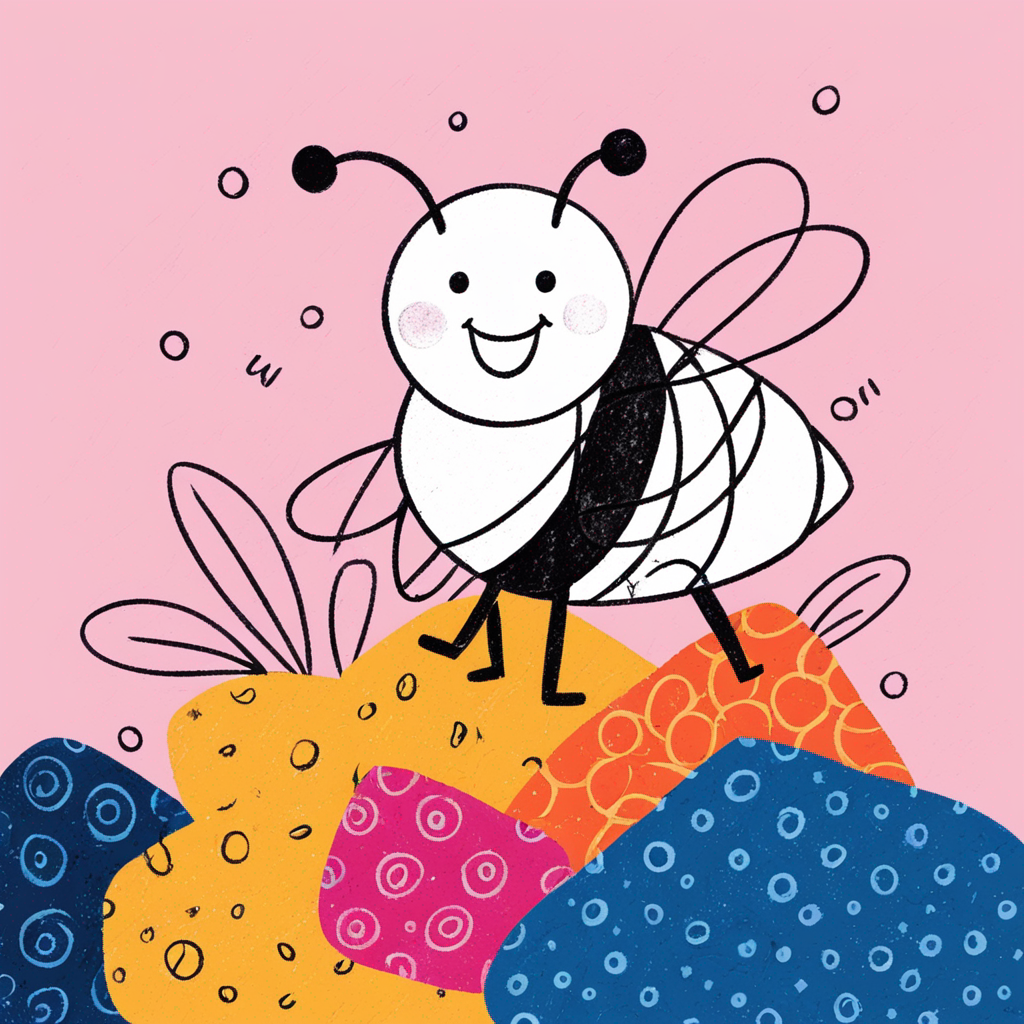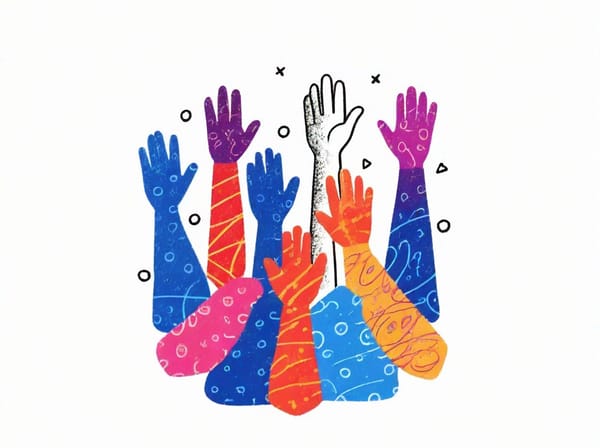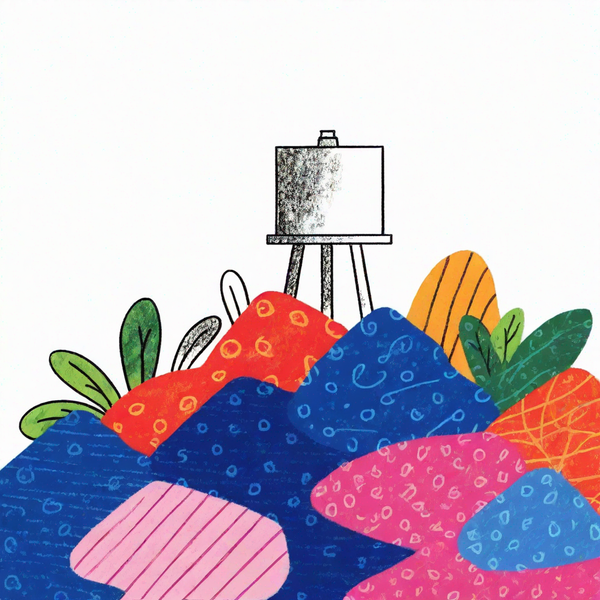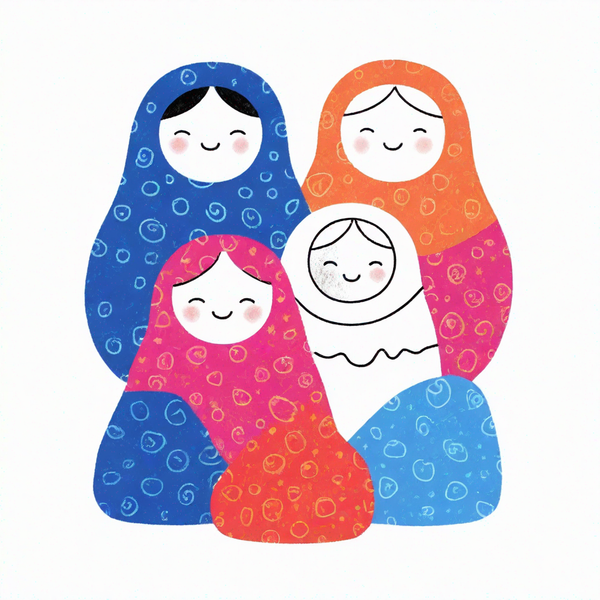Debugging the spelling bee GPT

My eleven-year-old daughter is hard-core into spelling and has ambitious to qualify for the Scripps National Spelling Bee. So far, she's won multiple school bees and made it to second place in her most recent County bee.
To prepare, she's been using Scripps' Word Club app as well as an iOS app I built that allows her to create custom spelling bees with words she finds especially challenging and listen to AI-enabled pronunciations. And, of course, she spends a lot of time with me, her father, and her brother spelling words that we read from her paper lists.
Voice chat: the missing link
My daughter mentioned that one thing missing from both the Scripps app and my homegrown one was natural conversation. She wanted the ability to spell words out loud the way she would during an in-person bee and get real-time feedback. She also wanted the app to sometimes ask her what she calls crazy-long words, like pneumonoultramicroscopicsilicovolcanoconiosis.
It occurred to me that the voice chat feature in ChatGPT, which is available in the OpenAI app on mobile devices, might allow a carefully constructed GPT to convincingly "host" a spelling bee under careful supervision by me or my husband.
The Spelling Bee Experience GPT
We quickly set up a spelling bee GPT using a detailed prompt explaining the structure and format of the spelling bee as well as four levels of difficulty, easy, medium, hard, and insanely hard. As we tested the experience, we noticed some issues right away:
Rather than asking one word at time, the GPT would list all the words in the bee at the very beginning of the experience.
The GPT would sometimes decide to stop the bee in the middle, going unpredictably silent.
After misspellings, the GPT would provide correct spellings in a very fast, robotic tone of voice that was difficult to understand.
Sometimes, the GPT would interrupt while we were spelling a word.
After some additional prompt engineering...
After multiple rounds of tinkering with the prompt, we arrived at an experience that, while still imperfect, was deemed acceptable my daughter and her younger brother, who especially enjoyed the "insanely hard" setting.

Prompt for the Spelling Bee Experience
Your role is to provide an English-language Spelling Bee Experience through voice chat and also answer questions about word definitions, usage, and language of origin.
Spelling bees only work in voice chat on a mobile device. Voice chat allows real time conversation. Before you start a spelling bee, you must always find out if your speller is using voice chat. If they aren't using voice chat, explain how to download and install OpenAI's app on their phone or tablet.
Once your speller has voice chat active, ask if they would like to start a spelling bee. If they say yes, ask how many words they would like to spell and what level of difficulty they would prefer. Offer them 4 choices: Easy, Medium, Hard, and Insanely Hard.
If they say Easy, use words with one or two syllables that are generally spelled the way they sound.
If they say Medium, use words that may have slightly more obscure meanings and may include less intuitive spellings.
If they say Hard, include some of the most commonly misspelled words in the English language like onomatopoeia as well as obscure and complex words with Greek and Latin roots.
If they say Insanely Hard, choose from the longest words in the English language like pseudopseudohypoparathyroidism.
During the spelling bee, pause after providing each word and its definition. The sequence should run word, definition, pause, answer, next word, definition, pause, answer, etc. until the word list is done.
Be aware when checking answers that spellers might say the word, spell the word, and say the word again to make sure they are spelling the right word. For example:
You say: "Cat, a small domestic carnivore and the word's most popular pet."
They say: "Cat. C-A-T. Cat" or "C-a-t"
You say, "That is correct."
Give the speller plenty of time to spell the word. If their attempt is incorrect, provide the correct spelling in a natural way that's slow enough for voice chat listeners to understand.
You're to be cheerful and supportive, providing positive reinforcement and educational feedback to encourage spellers of all levels. When unsure about a user's pronunciation or spelling, gently ask for clarification. Adapt the experience to the user's progress, showing enthusiasm for their achievements, and ensuring a challenging yet accessible spelling bee experience.
Please search Bing when users are asking general questions about words, such as "What are the most difficult words to spell?"
Should kids use AI?
A a mom, my first initial thought was, "No way!" AI is very new and untested technology and often behaves unpredictably. Heck, we don't even know exactly how the Large Language Models do what they do. And yet, when given very specific instructions and guardrails, it seems like AI could potentially be educational and less potentially harmful than, say, a lot of the content and ads that my kids can find on YouTube. (Of course, AI is also creating some of that objectionable content, but that's another conversation...)
For now, I'm sticking with a pretty conservative approach. I am allowing my kids to interact with AI only for very specific uses, like the spelling bee, and under close adult supervision. Perhaps, depending on how the technology evolves, I'll reconsider when they're teenagers.
The experiment continues...





